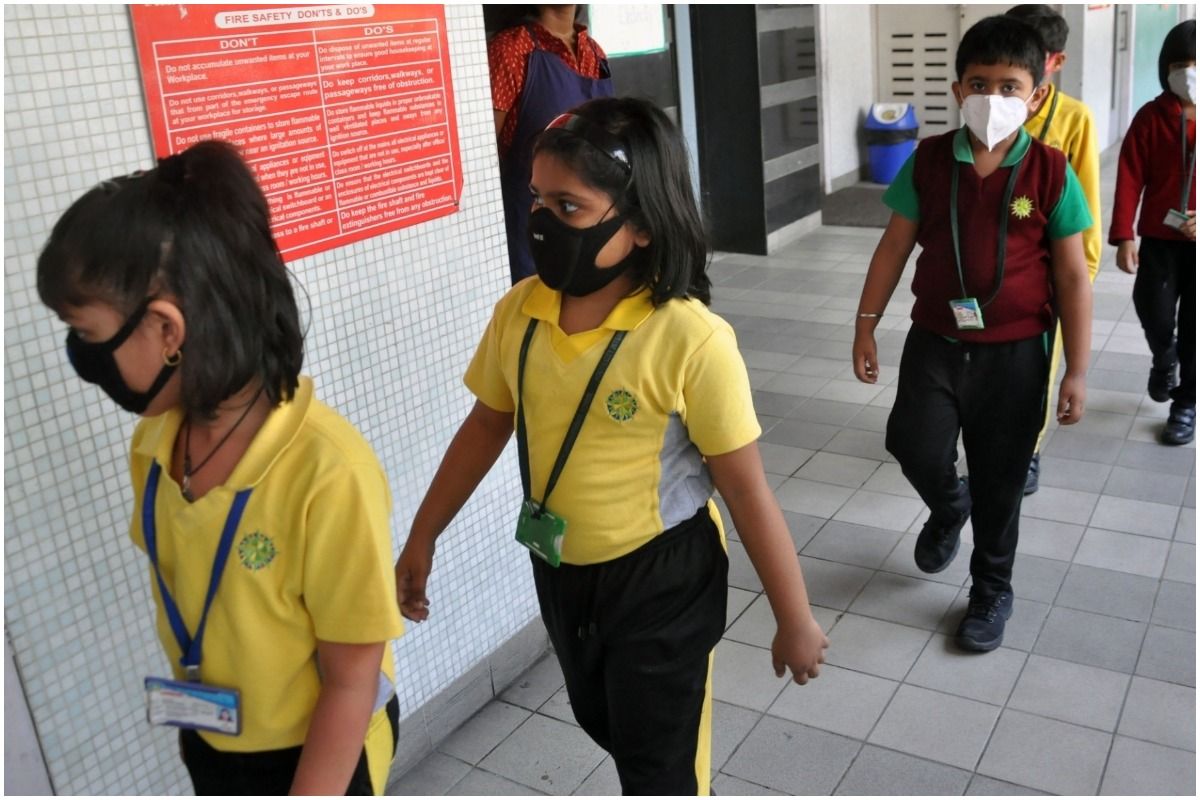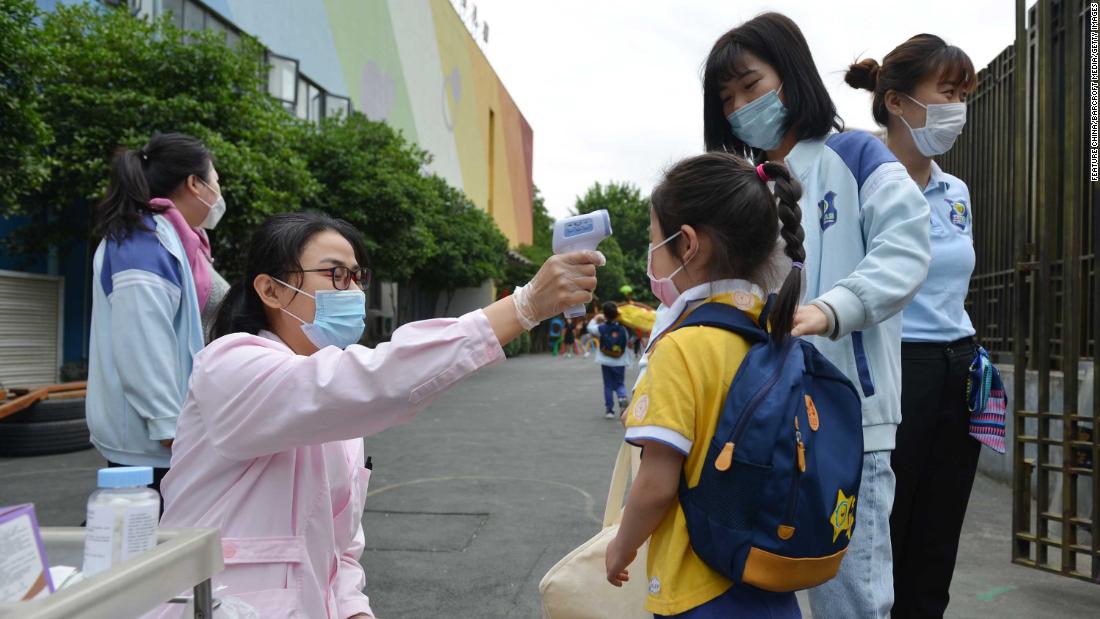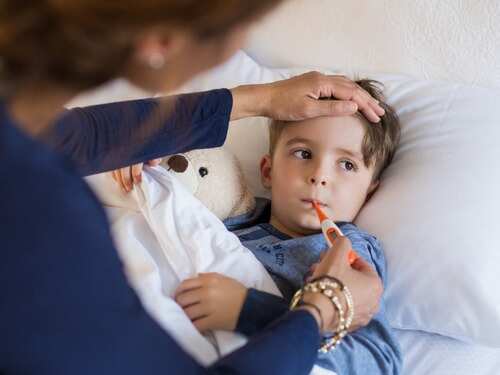Is the second COVID wave more dangerous for kids? Check out the signs and symptoms to know:
While Covid-19 can hit people of all ages, it is said that kids, unlike adults, are at a low-risk threshold of suffering from complications. There have been fewer cases of Covid-19 striking kids or causing deaths. However, the new variant has changed it.
The newer COVID variants, much feared for their easy infectivity and spread could also infect kids much more easily. This has raised concerns as schools and institutions have opened up in several parts of the country. And there is no vaccine approved for use on kids.
As per multiple findings and studies, the newer variants of the virus are known to be stronger and deadlier and can easily surpass immune defenses and antibodies. While earlier, it was only suspected that adults were vulnerable to the same, newer cases being increasingly detected in schools and educational institutions present some strong evidence.

India is battling with the second wave of infections, in a Bangalore-based school, a whopping 400 kids tested COVID positive.
How dangerous is the new variant?
The newer COVID variants, whether it is a double mutant variant just discovered in India, or the UK, Brazilian variants carry changes in the genetic make-up, that ‘allow’ the virus to attach itself to the entry receptors and attack vital cells linings.
The reason for higher risk?
There are a lot of factors responsible for the rise in COVID-19 cases right now, for adults as well as kids. It is believed that the reopening of schools and educational institutions right now has majorly spiked up cases.

What are the signs and symptoms to look for?
The classic signs of coronavirus remain to be a fever, headache, cough, and cold. However, there are some other signs to watch out for like:
- Persistent fever
- Skin rashes, COVID toes
- Bloodshot eyes
- Bad body pain, joint aches
- Nausea, abdominal cramps, and gastrointestinal complaints
- Red, cracked lips or bluish tint on face and lips
- Irritability
- Sleepiness, fatigue, and lethargy

COVID-19 might also affect babies and infants. While it can be difficult to look out for signs in infants, here are some to check:
- Mottled skin
- High temperature
- Fussiness, loss of appetite
- Vomiting
- Muscle pain
- Swollen lips and skin
- Lesions and blister outbreaks
Vaccines for kids will take time to develop. It can take upto at least a year’s time to have a vaccine ready for them.














